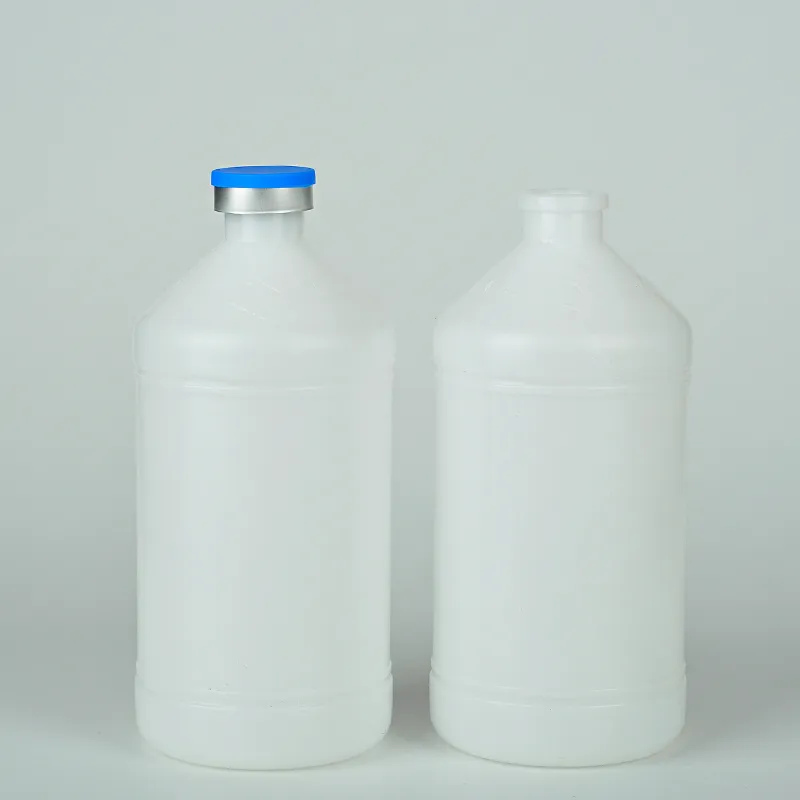plastic centrifuge tubes
The Advantages and Applications of Plastic Centrifuge Tubes
In laboratory settings, centrifuge tubes play a crucial role in the separation and analysis of various substances. Among the types available, plastic centrifuge tubes have gained significant popularity due to their versatile applications, lightweight nature, and cost-effectiveness. This article explores the advantages and various applications of plastic centrifuge tubes in scientific research and clinical labs.
Advantages of Plastic Centrifuge Tubes
1. Lightweight and Durable One of the primary advantages of plastic centrifuge tubes is their lightweight design. Made from materials such as polypropylene, these tubes offer durability while minimizing the risk of breakage and spills. This feature not only ensures safer handling but also reduces the potential for contamination during experiments.
2. Cost-Effective Compared to glass tubes, plastic centrifuge tubes are typically more affordable. This cost-effectiveness makes them an attractive option for laboratories with limited budgets or those that require high volumes of tubes for repetitive applications. Their lower price does not compromise functionality, making them a favored choice in various research settings.
3. Chemical Resistance Plastic centrifuge tubes exhibit excellent resistance to a wide range of chemicals, including acids and bases, making them suitable for diverse laboratory applications. This property ensures that the tubes can be used with various reagents without compromising their structural integrity, thereby providing reliable results.
4. Variety of Sizes and Capacities Plastic centrifuge tubes come in a wide array of sizes, ranging from microcentrifuge tubes (often 1.5 ml) to larger tubes (up to 50 ml or more). This variety allows researchers to select the appropriate tube based on specific sample volumes and experimental requirements. The availability of graduated markings on many plastic tubes also aids in accurate sample measurement.
5. Transparency and Sample Visibility Most plastic centrifuge tubes are transparent, allowing easy visualization of the samples within. This feature is particularly beneficial for monitoring the separation process and assessing the state of the sample without needing to open the tube, thus reducing the risk of contamination.
plastic centrifuge tubes

Applications of Plastic Centrifuge Tubes
1. Biological and Biomedical Research Plastic centrifuge tubes are extensively used in biological research for the preparation and separation of cells, proteins, and nucleic acids. For instance, during DNA extraction protocols, these tubes facilitate the isolation of genetic material from biological samples, contributing significantly to genetic studies and biotechnology developments.
2. Clinical Diagnostics In clinical laboratories, plastic centrifuge tubes are vital for processing blood, urine, and other bodily fluids for diagnostic testing. They are commonly employed in tests to separate plasma or serum from whole blood, provide samples for renal function tests, and isolate various biomarkers, enhancing the efficiency of diagnostic procedures.
3. Environmental Testing Scientists utilize plastic centrifuge tubes in environmental studies to analyze soil or water samples. These tubes enable the separation and concentration of pollutants or microorganisms, assisting researchers in studying contamination levels and conducting ecological assessments.
4. Pharmaceutical Applications The pharmaceutical industry employs plastic centrifuge tubes for formulation testing, stability studies, and quality control processes. The tubes support the separation of active ingredients and excipients during formulation development, ensuring that new drugs meet safety and efficacy standards.
5. Food Safety Testing In the food industry, plastic centrifuge tubes are used for microbiological analysis to detect pathogens or contaminants in food products. They play a key role in ensuring food safety, contributing to public health initiatives aimed at minimizing foodborne illnesses.
Conclusion
Plastic centrifuge tubes are invaluable tools in modern laboratories, offering numerous advantages that enhance their usability across various scientific fields. Their lightweight, cost-effective, and chemically resistant properties make them ideal for a range of applications, from biomedical research to environmental testing. As technology continues to advance, it is likely that the role of plastic centrifuge tubes will only expand, further supporting scientific innovation and discovery. Moreover, ongoing developments in materials science may lead to even greater improvements in tube design and functionality, ensuring that scientists have the best tools at their disposal for conducting high-quality research.
-
Aesthetic Makeup Spray Bottles | Fine Mist Empty RefillableNewsAug.19,2025
-
White Plastic Veterinary Vaccine Vials | Lab Liquid BottlesNewsAug.18,2025
-
Plastic Medicine Liquid Bottle: Secure Flip Top Drug VialsNewsAug.17,2025
-
Durable 250ml Blue Plastic Vaccine Vial for Lab & Vet UseNewsAug.16,2025
-
Sterile Virus Sample Tubes: Secure & Reliable Specimen CollectionNewsAug.15,2025
-
White 250ml Plastic Vaccine Vial for Lab & Vet MedicineNewsAug.14,2025
























